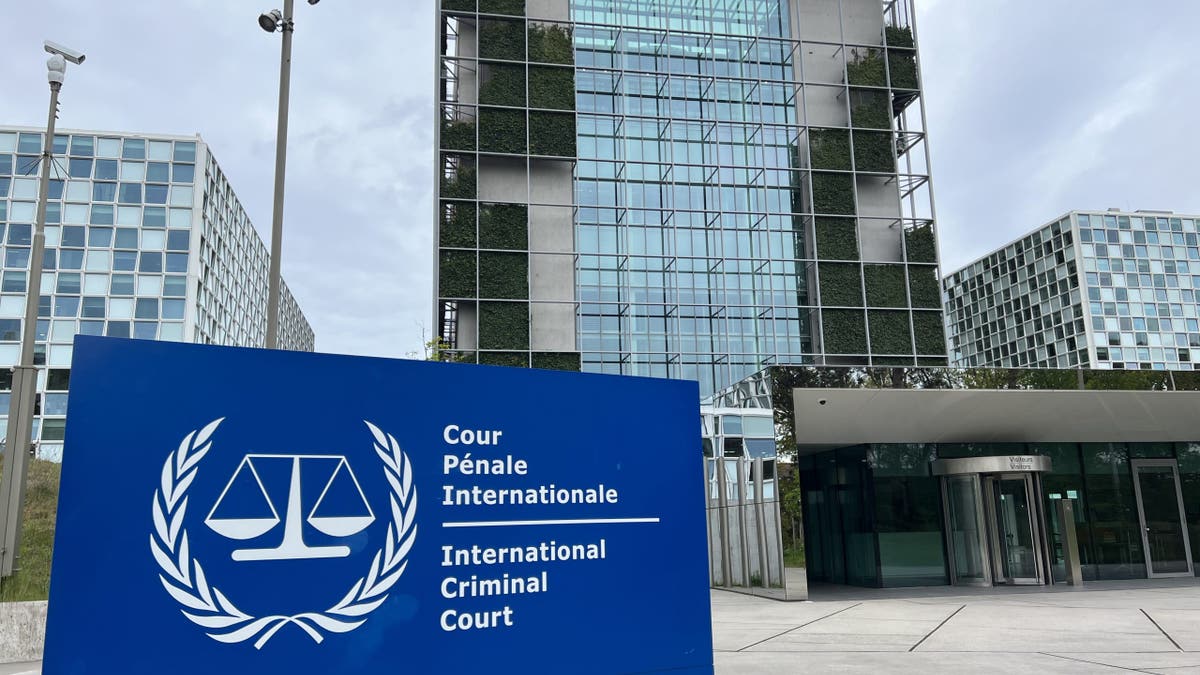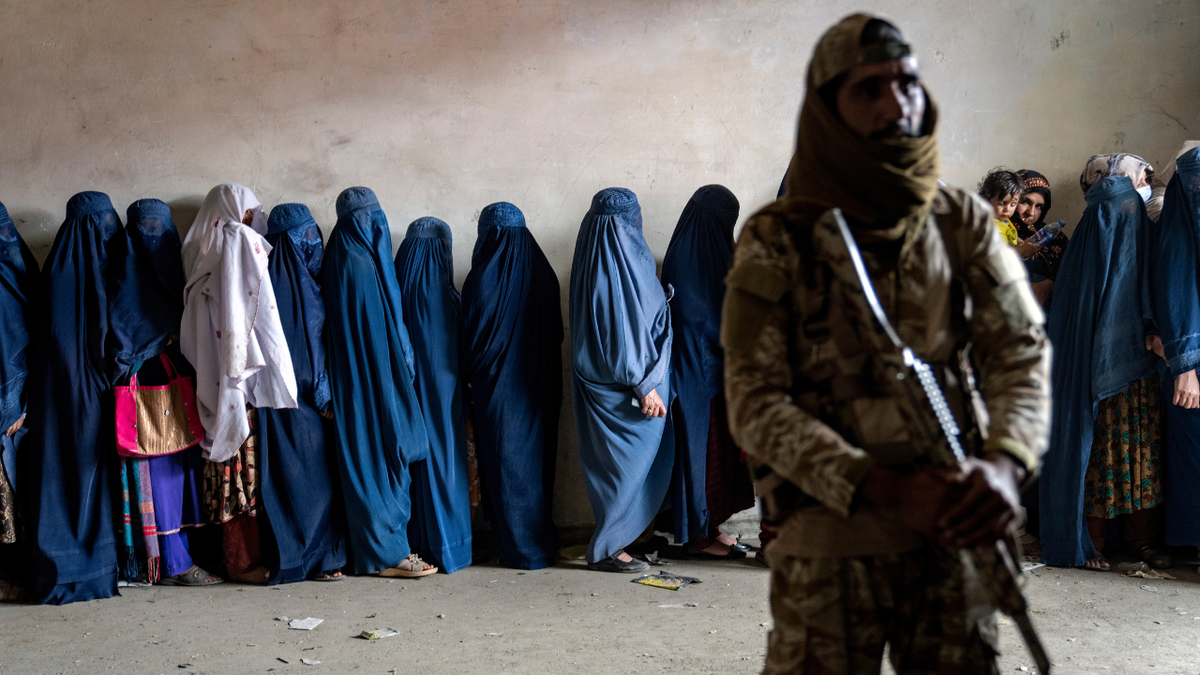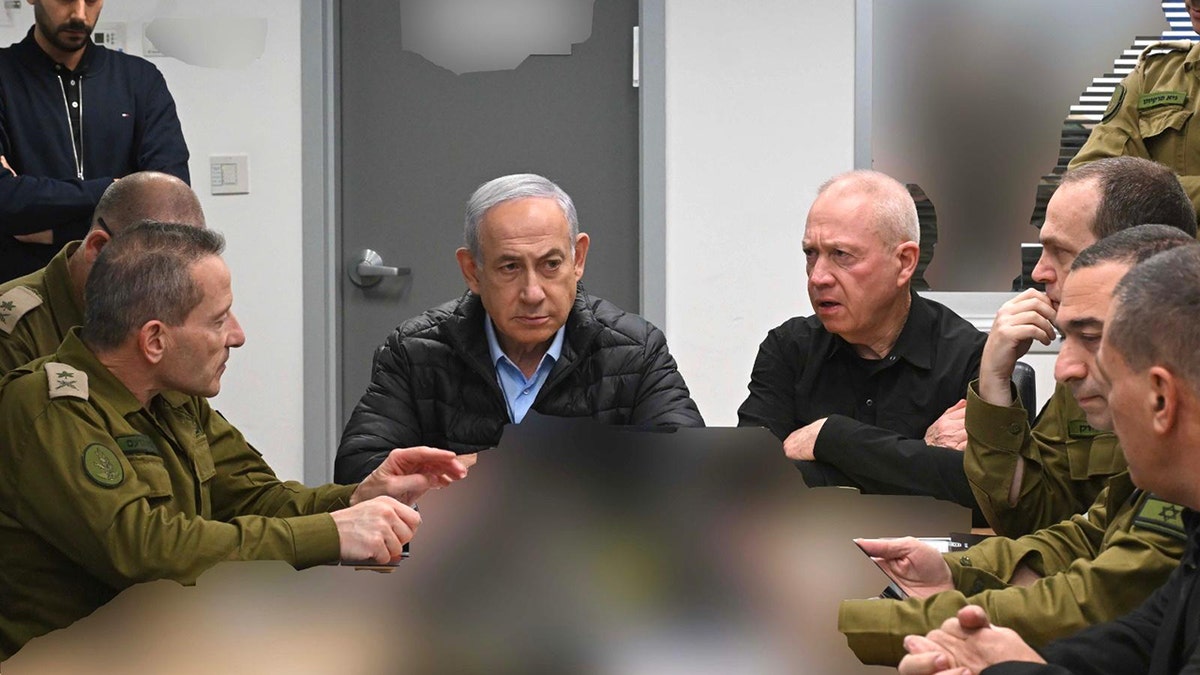The International Criminal Court's (ICC) recent applications for arrest warrants against senior Taliban figures have ignited controversy, particularly regarding the timing of the move in relation to a pending U.S. Senate bill. The bill aims to sanction the ICC over its earlier requests for arrest warrants for Israeli Prime Minister Benjamin Netanyahu and former Defense Minister Yoav Gallant.
Critics argue that the ICC's pursuit of Taliban leaders for crimes against humanity is a strategic maneuver to influence the Senate vote on sanctions. Some analysts believe the ICC is attempting to deflect criticism and protect itself from potential repercussions. The Senate bill, which has already passed the House with bipartisan support, seeks to sanction individuals involved in investigating or detaining U.S. or allied citizens, including Israelis. It also aims to recoup funds allocated to the ICC and halt further contributions.

The International Criminal Court (ICC) building in The Hague, Netherlands.
This situation raises concerns about the ICC's perceived double standard in targeting certain nations while seemingly overlooking others. The timing of the Taliban arrest warrant requests has fueled speculation about the ICC's motivations and whether its actions are driven by genuine pursuit of justice or political maneuvering.

Karim Khan, ICC's chief prosecutor.
Israel's ambassador to the U.N. has criticized the ICC's focus on Israel, arguing that equating Israeli leaders with Hamas and Taliban figures undermines the court's credibility. He calls for an examination of the ICC's motivations and its disproportionate attention on Israel. The ICC maintains that it follows established protocols for all arrest warrant applications and emphasizes its investigations across various situations, including Afghanistan, Ukraine, Myanmar/Bangladesh, State of Palestine, Libya, and Mali.

A Taliban fighter in Kabul, Afghanistan.
The European Union has affirmed its respect for the ICC's independence and impartiality, while also expressing support for accountability for violations against women and girls in Afghanistan. The U.N. Secretary-General has not commented on the perceived disparity between the warrants for Taliban and Israeli leaders.

Israeli Prime Minister Benjamin Netanyahu and then-Defense Minister Yoav Gallant.
The debate surrounding the ICC's actions underscores the complex relationship between international law, political considerations, and the pursuit of justice. The pending U.S. Senate vote on sanctions adds another layer of complexity to this already contentious issue.
Comments(0)
Top Comments